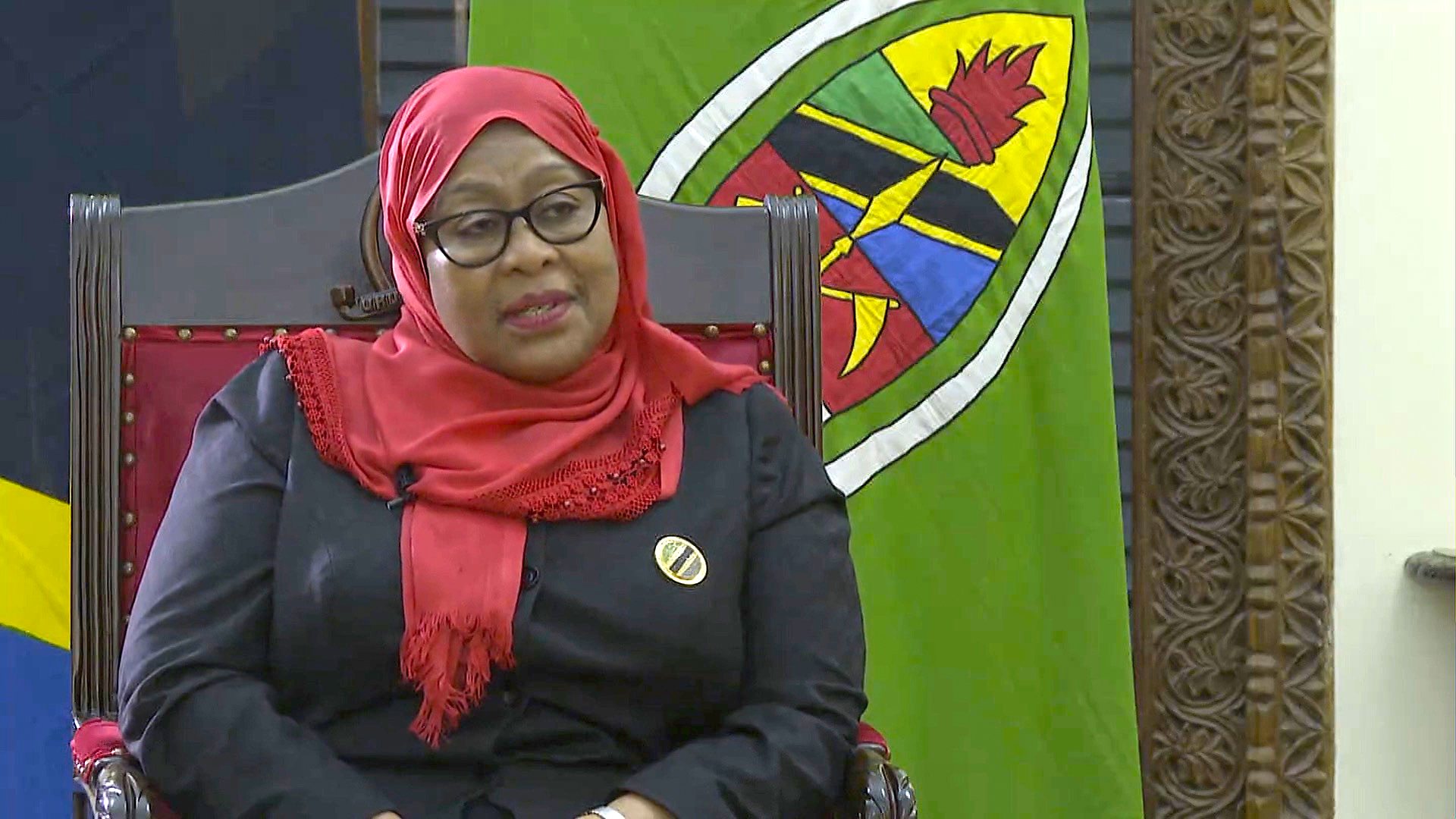African leadership in the modern era has undergone a profound transformation, marked by the shift from colonial dominance to independence, and later, to a more dynamic and multifaceted leadership. As the continent has evolved, so too have the roles of its leaders. The 21st century presents African leaders with a unique set of challenges and opportunities, shaped by globalization, economic development, and pressing social issues like inequality, governance, and peacebuilding. African leadership today is increasingly defined by the need to balance these domestic and global challenges, while also striving to assert the continent’s influence on the international stage.
Post-Colonial Leadership Transitions
The history of African leadership is deeply rooted in the continent’s colonial past, where the struggle for independence was often characterized by strong nationalist leaders. In the decades following decolonization, many African countries were governed by leaders who fought for freedom and independence, such as Kwame Nkrumah in Ghana, Jomo Kenyatta in Kenya, and Patrice Lumumba in the Democratic Republic of Congo (DRC). These leaders laid the foundation for political structures, but their legacies were often complicated by the difficulties of nation-building and economic instability. The post-independence era was marked by both democratic experiments and authoritarian regimes, as leaders grappled with internal conflicts and external pressures from Cold War geopolitics.
However, by the late 20th century, Africa began to experience a new wave of leadership focused on democratic governance and economic liberalization. Leaders in countries like South Africa, Ghana, and Senegal began to emphasize political reforms and economic integration into the global market. As the continent entered the 21st century, the emergence of these modern African leaders marked a shift in leadership paradigms.
The Evolving Role of African Leaders in Addressing Global Challenges
Modern African leaders face a unique set of challenges that require innovative approaches. Globalization has interconnected economies, making it essential for African leaders to focus not only on internal governance but also on how their policies affect global markets. Leaders in Africa are now tasked with fostering economic growth, managing public health crises, tackling climate change, and addressing issues of social inequality, all while ensuring peace and security within their borders.
For instance, leaders like Ghana’s President Nana Akufo-Addo have advocated for reducing the continent’s dependence on foreign aid by promoting self-reliance and industrialization. His vision for a “Ghana Beyond Aid” reflects a growing trend among African leaders to redefine the continent’s relationship with the global economy. Similarly, leaders like South Africa’s Cyril Ramaphosa have had to navigate domestic political complexities while engaging in international diplomacy to assert Africa’s voice on issues like trade, climate change, and peacekeeping.
African leaders are also playing crucial roles in mediating regional conflicts and advocating for African unity. The African Union (AU) has become an important platform for addressing continental issues, from conflict resolution to economic cooperation. Leaders like Macky Sall of Senegal, who has also served as the Chairperson of the AU, have emphasized the need for African-led solutions to African problems. This includes initiatives aimed at ending violent conflicts, such as those in Ethiopia and the Sahel region, and fostering economic cooperation through projects like the African Continental Free Trade Area (AfCFTA).
The Emergence of Women in African Leadership
A significant development in modern African leadership is the increasing prominence of women in political and economic spheres. The election of Samia Suluhu Hassan as Tanzania’s first female president in 2021, following the death of President John Magufuli, marked a historic moment for the country and the continent. In addition to Hassan, notable figures like Ngozi Okonjo-Iweala, the first African woman to lead the World Trade Organization (WTO), are breaking barriers and redefining leadership roles for women in Africa.
These leaders not only bring new perspectives to governance but also focus on issues like gender equality, education, and healthcare. Women’s leadership in Africa is seen as crucial to addressing the continent’s social challenges, particularly in empowering women and girls and ensuring that they have equal access to opportunities.
This article aims to highlight the achievements and contributions of notable modern African leaders in shaping the continent’s future. It will focus on three key areas of leadership: political reformers, economic innovators, and advocates for sustainable development. By examining the work of these leaders, the article seeks to shed light on the dynamic nature of African leadership and the ways in which it is evolving to meet the needs of a rapidly changing world.
The political visionaries discussed in this article have not only transformed governance structures but also positioned their countries to be regional and global players. They have implemented policies aimed at promoting democracy, ensuring peace, and creating inclusive political environments that empower citizens. Leaders such as Ethiopia’s Abiy Ahmed, who received the Nobel Peace Prize for his efforts to resolve the Ethiopia-Eritrea conflict, demonstrate the significant role modern African leaders play in fostering peace and stability.
Economic reformers like Hakainde Hichilema of Zambia and Macky Sall of Senegal represent a new breed of leadership focused on driving economic growth and development. These leaders have introduced innovative policies that emphasize industrialization, regional cooperation, and investment in critical sectors such as infrastructure and education. They recognize that economic stability is key to the long-term prosperity of their nations and the continent as a whole.
Lastly, advocates for social justice and development, including women leaders like Samia Suluhu Hassan and Ngozi Okonjo-Iweala, are addressing some of Africa’s most pressing social issues. From gender equality and education to healthcare and climate action, these leaders are championing causes that are critical to the continent’s sustainable development.
Transforming Governance in Africa
Political leadership in modern Africa is as diverse as the continent itself, with leaders navigating a range of challenges such as economic instability, ethnic conflict, and global integration. A new generation of African political visionaries has emerged, focused on reforms, peacebuilding, and fostering democratic governance. These leaders, often regarded as transformative figures, are shaping the political future of Africa, ensuring that their countries are better positioned for stability, prosperity, and international influence.
Cyril Ramaphosa (South Africa)
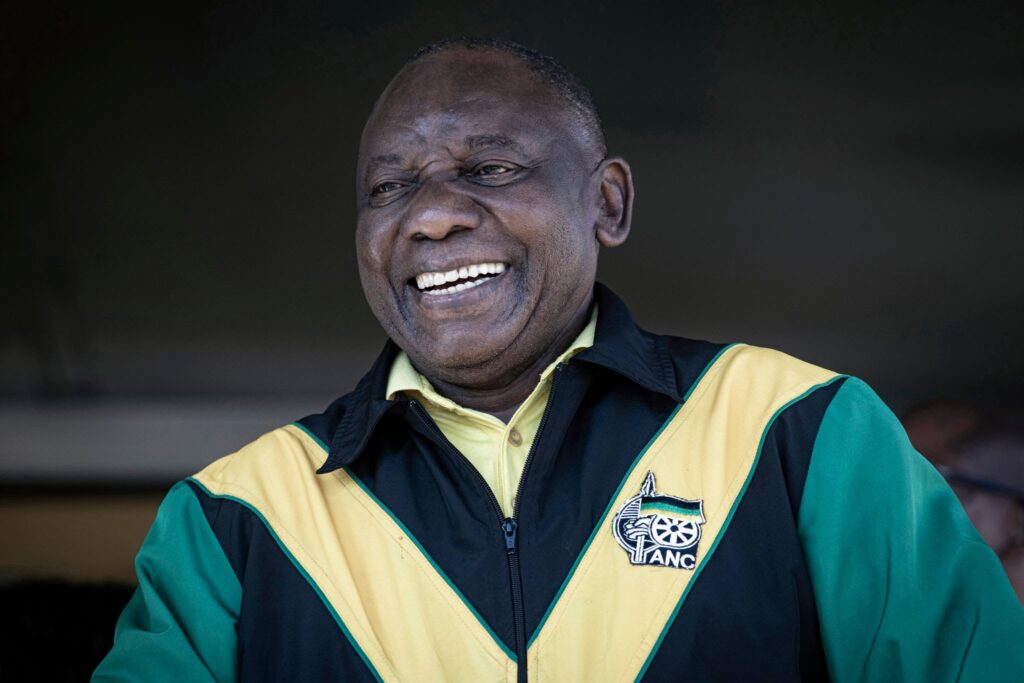
Cyril Ramaphosa is one of Africa’s most prominent political figures. As the President of South Africa since 2018, Ramaphosa has been tasked with addressing the complex legacy of apartheid, economic inequality, and corruption that has plagued the country. His background as a trade union leader and his role in the anti-apartheid movement positioned him as a figure of hope when he succeeded Jacob Zuma, whose presidency was marred by scandals.
Ramaphosa’s political vision is largely centered on restoring public trust in governance and revitalizing the economy. One of his key initiatives has been tackling the endemic corruption that has hindered South Africa’s growth for decades. Ramaphosa launched a series of anti-corruption investigations and reforms, seeking to restore the integrity of South Africa’s institutions and ensure that public resources are used for the benefit of all citizens.
Economic transformation is another critical aspect of Ramaphosa’s leadership. South Africa remains one of the most unequal societies in the world, with widespread unemployment and poverty. Ramaphosa’s “Economic Reconstruction and Recovery Plan” aims to stimulate investment, create jobs, and drive inclusive growth, with a focus on infrastructure development and industrialization. Despite these efforts, his leadership has been challenged by slow economic recovery, exacerbated by the COVID-19 pandemic, and internal divisions within his own political party, the African National Congress (ANC).
On the international stage, Ramaphosa has played a key role in mediating conflicts and advocating for Africa’s interests in global forums. His leadership in the African Union (AU) during the COVID-19 pandemic, where he coordinated the continent’s response, was widely praised for securing vaccines and advocating for equitable global distribution.
Abiy Ahmed (Ethiopia)

Abiy Ahmed, the Prime Minister of Ethiopia since 2018, quickly gained global recognition for his role in ending a decades-long conflict between Ethiopia and Eritrea, earning him the Nobel Peace Prize in 2019. Abiy’s rise to power came at a critical moment in Ethiopia’s history, following years of political unrest, ethnic tension, and authoritarian rule. His bold reforms aimed at democratizing the country, improving relations with neighboring nations, and promoting economic growth initially garnered widespread support.
Abiy’s vision for Ethiopia included opening up the political space, releasing political prisoners, lifting bans on opposition groups, and fostering freedom of the press. His efforts to liberalize the political landscape marked a stark departure from the authoritarianism of previous governments. On the economic front, Abiy pursued ambitious development projects, particularly in infrastructure and agriculture, to transform Ethiopia into a middle-income country.
However, Abiy’s leadership has faced significant challenges, particularly in the form of ethnic conflict. The outbreak of the Tigray War in 2020 has cast a shadow over his legacy as a peacemaker. The conflict, which has resulted in widespread humanitarian crises and alleged human rights violations, has drawn international criticism and raised concerns about Ethiopia’s stability. Despite these setbacks, Abiy remains a key figure in the Horn of Africa, with his leadership continuing to shape both Ethiopia’s future and the region’s dynamics.
Muhammadu Buhari (Nigeria)

Muhammadu Buhari, the President of Nigeria since 2015, is a seasoned leader who has played a central role in Africa’s most populous nation. Having previously served as a military head of state in the 1980s, Buhari returned to power as a civilian leader with a mandate to fight corruption, improve security, and strengthen Nigeria’s economy.
Corruption has been a major challenge in Nigeria, which has vast oil wealth but suffers from chronic underdevelopment and poverty. Buhari’s anti-corruption campaign has been one of the cornerstones of his presidency. He established institutions to recover stolen assets and improve transparency in government dealings. While his efforts have led to high-profile arrests and asset recoveries, critics argue that corruption remains deeply entrenched, and systemic reforms have been slow to materialize.
Buhari’s presidency has also been defined by his approach to security, particularly the fight against the Islamist militant group Boko Haram in northern Nigeria. His government has made progress in weakening the insurgency, though the group remains a potent threat, along with rising concerns about banditry and kidnappings in other parts of the country. The security situation, combined with economic challenges, has tested Buhari’s leadership and strained Nigeria’s social fabric.
Economically, Buhari’s administration has sought to reduce Nigeria’s dependence on oil by diversifying the economy. His government has invested in agriculture, manufacturing, and infrastructure development, while also promoting initiatives to support small and medium-sized enterprises. However, Nigeria’s economy continues to face significant hurdles, including inflation, unemployment, and the effects of global oil price fluctuations.
Buhari’s leadership reflects the complexities of governing a nation as diverse and populous as Nigeria. His efforts to combat corruption, improve security, and promote economic growth have earned him both praise and criticism, but there is no doubt that his presidency has left a lasting impact on Nigeria and its role in West Africa.
Economic Reformers and Innovators: Shaping Africa’s Growth
Economic development has become one of the defining challenges for African leaders in the 21st century. As the continent strives to harness its vast resources and youthful population, economic reformers and innovators are emerging to spearhead initiatives aimed at transforming their nations’ economic landscapes. These leaders are not only focused on promoting growth but also on addressing deep-seated issues such as poverty, unemployment, and public debt. By implementing bold reforms and advocating for sustainable development, they are setting new precedents for how African countries can achieve economic resilience and prosperity.
Nana Akufo-Addo (Ghana)

Nana Akufo-Addo, the President of Ghana since 2017, has positioned himself as a visionary economic reformer committed to transforming Ghana into a self-sufficient, prosperous nation. His leadership is best exemplified by his vision for a “Ghana Beyond Aid,” which emphasizes reducing the country’s dependence on foreign assistance and building a robust, self-reliant economy. This approach challenges the long-standing narrative of aid dependency that has shaped many African economies and highlights a new path forward for sustainable development.
Akufo-Addo’s strategy is centered on industrialization, value addition to natural resources, and human capital development. One of his flagship programs, the “One District, One Factory” initiative, aims to establish at least one factory in each of Ghana’s districts, thereby boosting local production, creating jobs, and promoting regional economic development. This program is part of a broader agenda to diversify Ghana’s economy beyond its reliance on primary exports like cocoa and gold, and into manufacturing and services.
Another critical focus of Akufo-Addo’s economic reforms is education. His government has implemented a Free Senior High School policy, making secondary education accessible to millions of Ghanaians. This initiative is viewed as an investment in the country’s future workforce, enhancing human capital and fostering long-term economic growth.
Despite these positive strides, Akufo-Addo’s administration has faced challenges, particularly in managing public debt and economic stability. Ghana’s debt levels have increased, raising concerns about fiscal sustainability. Nonetheless, Akufo-Addo’s efforts to build a more self-reliant economy have positioned Ghana as a leading example of economic innovation in West Africa.
Hakainde Hichilema (Zambia)
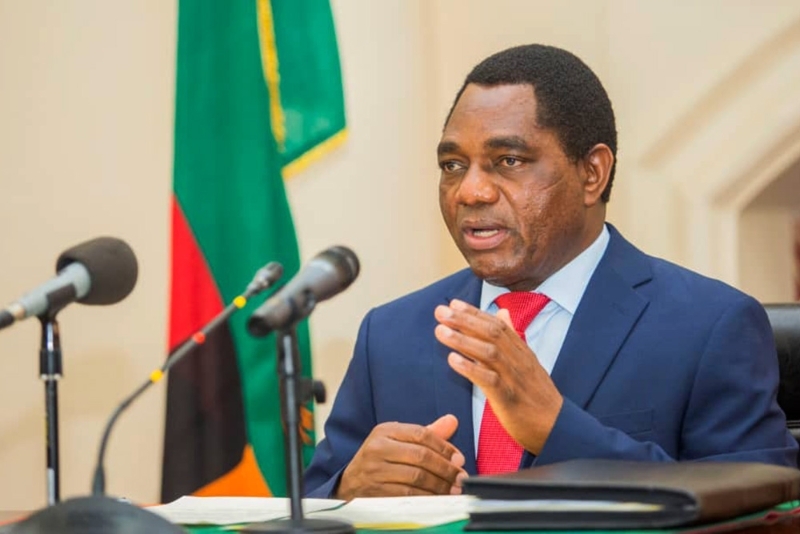
Hakainde Hichilema, elected President of Zambia in 2021, has quickly made his mark as a transformative leader focused on economic recovery and good governance. Hichilema, a businessman-turned-politician, inherited a country facing severe economic difficulties, including high levels of public debt, low investor confidence, and a struggling currency. His rise to power was seen as a turning point for Zambia, with many hoping his background in business and finance would bring much-needed economic reforms.
One of Hichilema’s primary goals has been to restore fiscal discipline and address Zambia’s unsustainable debt burden. Under his leadership, Zambia has engaged with international creditors and financial institutions to restructure its debt and negotiate better terms. This has been coupled with efforts to increase transparency and reduce corruption, which had plagued previous administrations and undermined economic growth.
Hichilema’s government has also focused on reviving key sectors of the economy, such as mining, agriculture, and energy. Zambia, one of the world’s largest copper producers, has seen fluctuations in mining output due to policy uncertainty and inadequate infrastructure. Hichilema’s administration has sought to attract new investments in mining by creating a more stable regulatory environment and improving relations with foreign investors.
On the social front, Hichilema has prioritized improving healthcare and education, viewing these sectors as essential components of sustainable development. His economic management style, rooted in fiscal responsibility and strategic investments, has restored a sense of hope and optimism in Zambia’s economic future, making him a key figure among Africa’s economic reformers.
Macky Sall (Senegal)
Macky Sall, the President of Senegal since 2012, is widely recognized as a champion of economic reform and infrastructure development. His leadership has transformed Senegal into one of West Africa’s fastest-growing economies, driven by ambitious policies aimed at modernizing the country and creating a conducive environment for business and investment.
Sall’s vision for Senegal is encapsulated in the “Plan Sénégal Emergent” (PSE), a comprehensive development strategy focused on infrastructure, energy, and industrialization. The PSE aims to position Senegal as an emerging economy by 2035, with a strong emphasis on building modern transport networks, expanding electricity access, and developing key industries such as agriculture and mining. Under this plan, Senegal has seen significant investments in highways, bridges, and energy projects, which have enhanced connectivity and improved the business climate.
Another key area of Sall’s focus is youth employment and entrepreneurship. Recognizing that Senegal’s young population is both a challenge and an opportunity, Sall’s administration has launched programs to support small and medium-sized enterprises (SMEs) and foster innovation. These initiatives are designed to create jobs and reduce youth unemployment, which remains a pressing issue across the continent.
Macky Sall’s leadership has also extended beyond Senegal’s borders. As a former Chairperson of the African Union, he has played a prominent role in promoting regional integration and advocating for Africa’s interests on the global stage. His emphasis on economic cooperation and sustainable development aligns with broader efforts to advance the African Continental Free Trade Area (AfCFTA), a landmark agreement aimed at boosting intra-African trade.
Despite his successes, Sall’s tenure has not been without controversy. His administration has faced criticism for perceived authoritarian tendencies, particularly regarding restrictions on political opposition and civil society. Nonetheless, his economic reforms and infrastructure projects have left a lasting impact on Senegal’s development trajectory.
Advocates for Social Justice and Sustainable Development
In the 21st century, Africa is seeing a rise in leaders dedicated to advancing social justice and sustainable development. These leaders are addressing the continent’s most pressing issues, such as poverty, inequality, healthcare, education, and climate change, while ensuring that development benefits all sectors of society. Their work is critical to fostering inclusive growth and creating a more just and equitable future for Africa.
Samia Suluhu Hassan (Tanzania)

Samia Suluhu Hassan, who became Tanzania’s first female president in 2021, is a notable figure in the fight for social justice and inclusive governance. Hassan assumed office following the sudden death of her predecessor, President John Magufuli, and quickly demonstrated her commitment to addressing the social and economic challenges facing the country. Her leadership style, characterized by a focus on dialogue, reconciliation, and reform, has helped stabilize Tanzania during a period of uncertainty.
One of Hassan’s key priorities has been managing the COVID-19 pandemic, which had been downplayed by her predecessor. She shifted Tanzania’s approach to the pandemic by acknowledging its seriousness, advocating for scientific solutions, and rolling out a vaccination campaign. This marked a significant departure from the previous administration and underscored her pragmatic leadership.
Hassan has also focused on gender equality and empowering women. As Tanzania’s first female head of state, she has become a symbol of progress for women’s leadership in Africa. Her administration has prioritized education, healthcare, and economic opportunities for women, aiming to reduce the gender gap and ensure that women have a greater role in Tanzania’s development.
In terms of sustainable development, Hassan has emphasized agricultural reform and infrastructure development to improve livelihoods in rural areas. Tanzania’s economy is heavily reliant on agriculture, and her government has sought to modernize the sector by promoting technological innovation and improving access to markets for smallholder farmers. These efforts align with broader sustainable development goals aimed at reducing poverty and ensuring food security.
Ellen Johnson Sirleaf (Liberia)
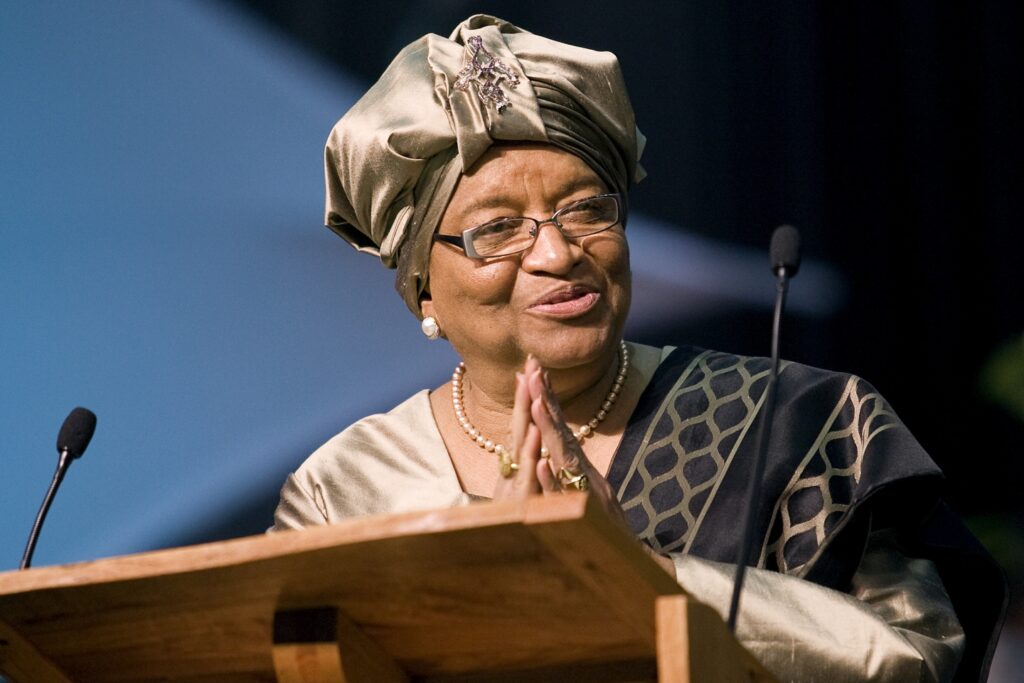
Although she stepped down from office in 2018, Ellen Johnson Sirleaf remains an iconic figure in Africa’s push for social justice and sustainable development. As Africa’s first elected female head of state, Sirleaf’s leadership in Liberia from 2006 to 2018 transformed the country following years of civil war and instability. Her presidency was marked by efforts to rebuild Liberia’s war-torn infrastructure, promote gender equality, and strengthen democratic institutions.
Sirleaf’s advocacy for women’s rights and leadership was central to her presidency. She implemented policies that increased women’s participation in politics and governance, and she championed women’s empowerment in education, healthcare, and business. Sirleaf believed that empowering women was essential to achieving sustainable development, and her leadership helped inspire a new generation of African women to pursue leadership roles.
One of Sirleaf’s most significant achievements was her management of the Ebola epidemic in 2014-2016. Her government’s swift response to the crisis, coupled with international cooperation, helped contain the spread of the disease and saved countless lives. Sirleaf’s handling of the Ebola crisis earned her global recognition, and she used her platform to advocate for better healthcare infrastructure and preparedness in Africa.
In the realm of sustainable development, Sirleaf’s focus was on rebuilding Liberia’s economy and infrastructure after years of conflict. She attracted foreign investment, improved public services, and promoted renewable energy projects to boost the country’s long-term growth. Her leadership demonstrated that sustainable development and social justice are intertwined, as efforts to rebuild post-conflict Liberia were aimed at creating an equitable society where all citizens could benefit from the country’s progress.
Ngozi Okonjo-Iweala (Nigeria)
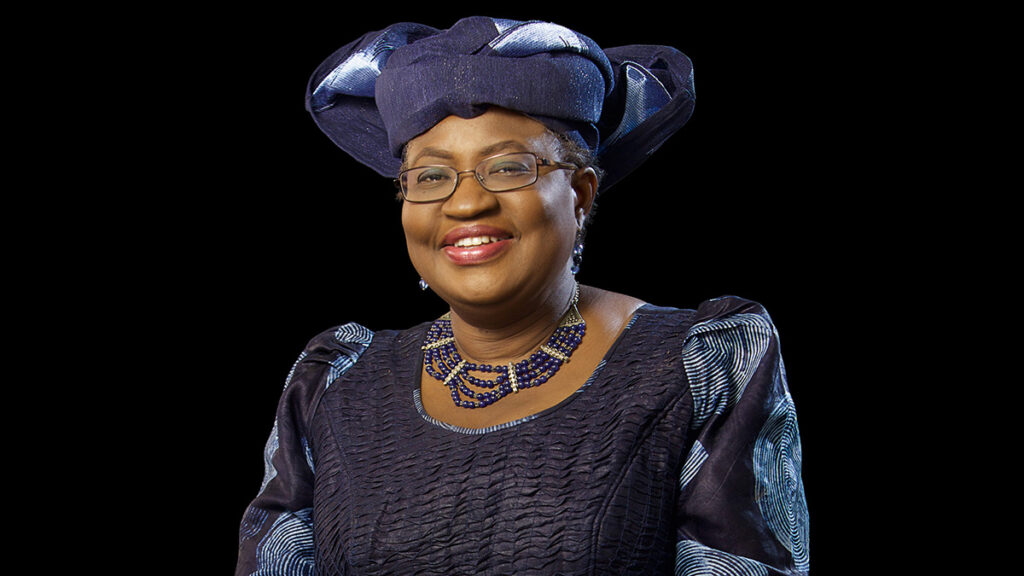
Ngozi Okonjo-Iweala, the first African and first woman to lead the World Trade Organization (WTO), is a trailblazer in advocating for global economic reform and sustainable development. A former finance minister of Nigeria, Okonjo-Iweala has built a reputation as a champion for economic justice, transparency, and development that benefits all. Her leadership at both the national and international levels has had a profound impact on Africa’s approach to economic and social development.
In Nigeria, Okonjo-Iweala played a key role in stabilizing the country’s economy by implementing fiscal reforms, curbing corruption, and negotiating debt relief. Her efforts to increase transparency in government finances, particularly through initiatives like the establishment of a national debt management office, helped Nigeria reduce its debt burden and free up resources for development projects. Her work in public finance reform has been seen as a model for other African countries seeking to improve governance and ensure that resources are used for public good.
At the WTO, Okonjo-Iweala has used her platform to advocate for fairer global trade practices that benefit developing countries. She has emphasized the importance of reforming global trade rules to ensure that they support sustainable development and help alleviate poverty in Africa and other developing regions. Okonjo-Iweala has also been a vocal advocate for climate action, recognizing that Africa is disproportionately affected by climate change and must be at the center of global efforts to combat environmental degradation.
In addition to her work on trade and economic justice, Okonjo-Iweala has been a strong proponent of global healthcare reform. During the COVID-19 pandemic, she played a key role in promoting equitable access to vaccines, particularly for low-income countries. Her leadership in this area highlights the intersection of social justice and sustainable development, as she has consistently argued that economic growth and human development must go hand in hand.
Champions of Peace and Conflict Resolution
In a continent marked by historical conflicts, political unrest, and ethnic divisions, modern African leaders who champion peace and conflict resolution play a pivotal role in shaping the future of their nations and the broader region. These leaders are recognized for their efforts to mediate disputes, foster dialogue, and promote national and regional stability. By prioritizing peace over violence, they are setting an example of conflict resolution that is essential for Africa’s development and integration into the global community.
Uhuru Kenyatta (Kenya)
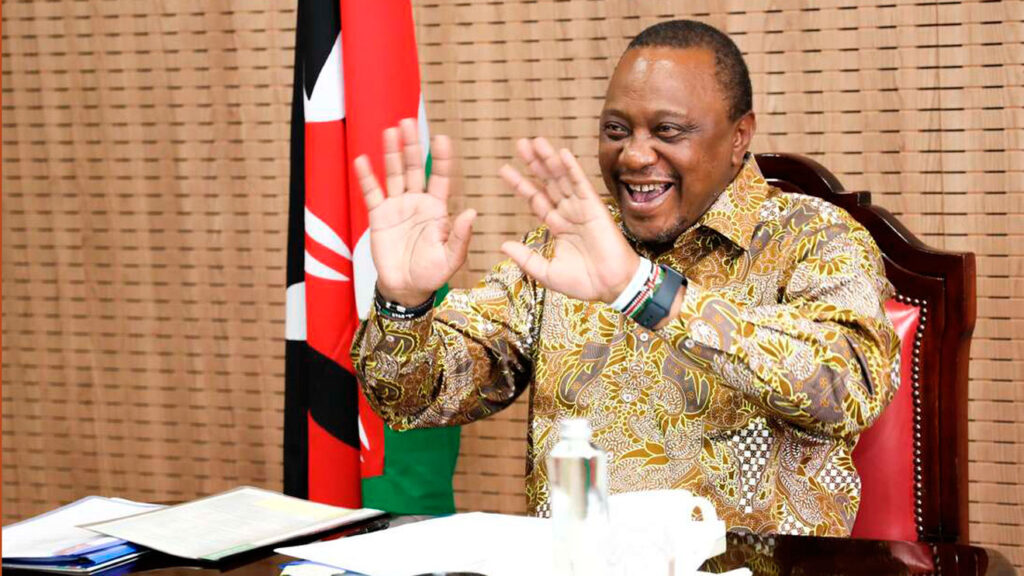
Uhuru Kenyatta, the President of Kenya from 2013 to 2022, was a critical figure in maintaining and promoting peace in a country with a history of ethnic and electoral violence. After the 2007–2008 post-election violence that led to significant loss of life and displacement, Kenyatta’s presidency marked a commitment to national reconciliation, political stability, and long-term peace.
Kenyatta’s leadership in addressing the underlying causes of ethnic violence and division was a major part of his legacy. One of his most significant moves toward reconciliation came in 2018 with the historic “handshake” between him and his longtime political rival Raila Odinga. This act of political conciliation brought an end to years of animosity and political gridlock, diffusing tensions following the contested 2017 elections. The handshake led to the Building Bridges Initiative (BBI), which was designed to address Kenya’s political inclusivity, governance challenges, and ethnic divisions.
Kenyatta also played a prominent role in promoting regional peace and security. As an influential leader in East Africa, he mediated conflicts in South Sudan and Somalia, participating in peace talks and supporting efforts to stabilize these war-torn nations. His diplomatic engagements and peace-building efforts extended Kenya’s influence as a stabilizing force in the region.
While Kenyatta’s tenure was not without challenges—such as corruption and economic issues—his role in fostering dialogue, unity, and reconciliation both within Kenya and across the region solidifies his position as a champion of peace.
Paul Kagame (Rwanda)

Paul Kagame, the President of Rwanda since 2000, is widely recognized for his role in transforming Rwanda from a country devastated by genocide to one of the most stable and economically vibrant nations in Africa. Kagame’s leadership in post-genocide reconciliation and conflict resolution has been instrumental in rebuilding Rwanda’s social fabric and ensuring lasting peace.
After the 1994 Rwandan Genocide, which saw the massacre of nearly a million people, Kagame led the effort to unite the deeply divided nation. His government’s approach to reconciliation involved the establishment of the Gacaca courts, traditional community-based justice systems, to bring perpetrators of the genocide to justice and promote healing among the populace. This initiative allowed many Rwandans to confront the horrors of the past and begin the process of reconciliation, rather than allowing resentment to fester.
Kagame’s focus on national unity has been a key aspect of his leadership. His government has actively discouraged ethnic divisions and promoted a national identity that transcends Rwanda’s Hutu and Tutsi distinctions. This commitment to unity has fostered a sense of collective responsibility and contributed to the country’s peace and stability.
Kagame’s influence also extends beyond Rwanda’s borders. He has played a crucial role in mediating conflicts in the Great Lakes region, including in the Democratic Republic of Congo (DRC), where Rwanda has historically been involved in complex cross-border tensions. Kagame has advocated for regional cooperation and peacebuilding, contributing to efforts aimed at addressing the long-standing issues of conflict, displacement, and resource exploitation in the region.
While Kagame’s leadership has been criticized for authoritarian tendencies and suppressing political opposition, his achievements in peacebuilding and conflict resolution remain undeniable. Rwanda’s recovery from genocide and its subsequent stability stand as a testament to his leadership in promoting peace.
João Lourenço (Angola)

João Lourenço, the President of Angola since 2017, has emerged as a significant figure in the promotion of peace and national unity in a country that endured decades of civil war. Angola’s 27-year civil war, which ended in 2002, left deep scars on the nation, with large sections of the population displaced and the economy devastated. Since his election, Lourenço has focused on consolidating peace and addressing the lingering effects of the conflict.
Lourenço’s leadership is characterized by his commitment to political and economic reforms that promote stability. One of his most notable efforts has been tackling corruption, which had long undermined Angola’s institutions and hindered post-war recovery. By confronting the entrenched political elite and implementing anti-corruption measures, Lourenço has sought to create a more transparent and accountable government, which is essential for long-term peace and development.
In addition to internal reforms, Lourenço has played a role in strengthening Angola’s relations with neighboring countries, contributing to regional stability. He has engaged in diplomatic efforts to mediate conflicts in the Central African region, including in the DRC, and has sought to enhance Angola’s role in promoting peace across the African continent.
Lourenço’s leadership in promoting post-conflict recovery and fostering political and economic stability positions him as a champion of peace in a country that continues to heal from its tumultuous past.
As Africa continues to grapple with conflicts, these leaders and others like them will play a crucial role in shaping the continent’s peaceful future. Their work serves as a reminder that, despite the challenges of the past, Africa is capable of resolving its conflicts and building a more peaceful and prosperous future for all.

